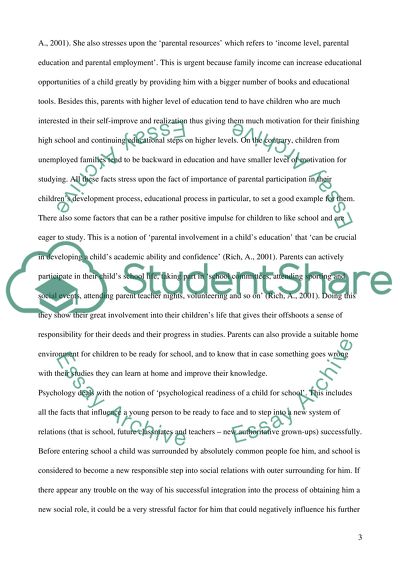Cite this document
(“Education policy Essay Example | Topics and Well Written Essays - 2250 words”, n.d.)
Education policy Essay Example | Topics and Well Written Essays - 2250 words. Retrieved from https://studentshare.org/education/1504198-education-policy
Education policy Essay Example | Topics and Well Written Essays - 2250 words. Retrieved from https://studentshare.org/education/1504198-education-policy
(Education Policy Essay Example | Topics and Well Written Essays - 2250 Words)
Education Policy Essay Example | Topics and Well Written Essays - 2250 Words. https://studentshare.org/education/1504198-education-policy.
Education Policy Essay Example | Topics and Well Written Essays - 2250 Words. https://studentshare.org/education/1504198-education-policy.
“Education Policy Essay Example | Topics and Well Written Essays - 2250 Words”, n.d. https://studentshare.org/education/1504198-education-policy.


